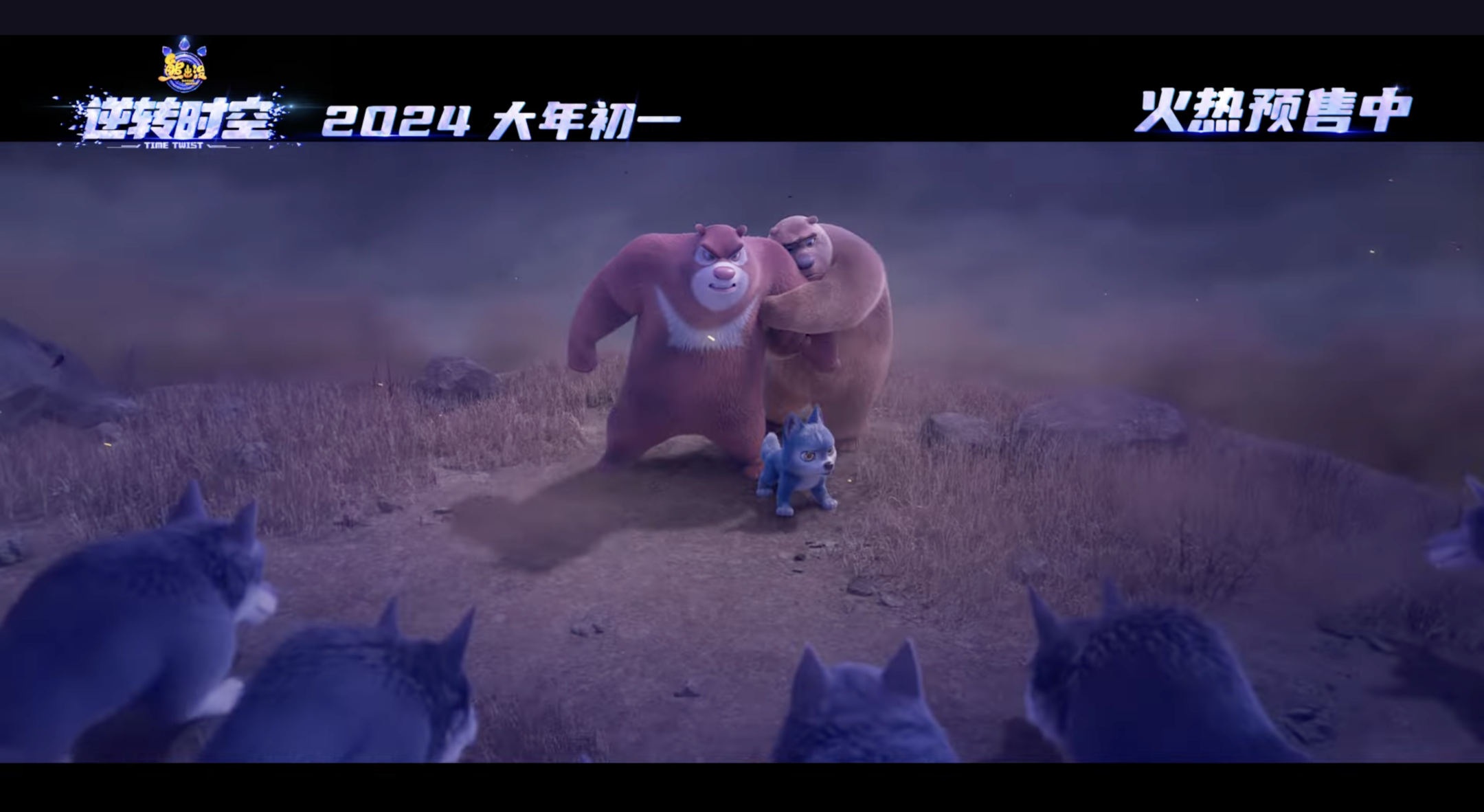TAIPEI, Taiwan (JR) — A Chinese actor who voices a popular children’s cartoon is drawing criticism after he made antisemitic comments on social media.
“Jews are all rats and cockroaches. Wherever they stop to rest a moment, they multiply. Dirty as hell,” the actor, Zhang Bingjun, wrote on Weibo, the microblogging site that is one of the most popular social media platforms in China.
Zhang was responding to another user’s post about Israel, according to screenshots shared in social and Taiwanese media. Both his original post and account no longer appear on Weibo, though it was unclear why, and some users speculated that he had left the platform to escape a backlash.
Zhang voices one of the main characters in a new animated children’s film, “Boonie Bears: Time Twist.” Released Feb. 10, the movie is the latest in the Boonie Bears franchise that has been running since 2012.
According to a 2018 Chinese media report, Boonie Bears is for children ages 3 to 12 and exceeded 200 million on-demand views that year. (A YouTube channel featuring Boonie Bears episodes dubbed into English has nearly 700,000 subscribers.)
The film’s official social media accounts have not addressed Zhang’s comments, nor has Fantawild, the company that produced it and also operates amusement parks across China. But some Weibo users have weighed in.
“I won’t let my kids watch Fantawild cartoons anymore,” one Weibo user wrote in response to Zhang’s comments.
Jewish stereotypes have long been prominent in China, and conspiracy theories about Jewish control over Western institutions or plots against China have been growing in popularity online, especially since the outbreak of the Israel-Hamas war in October. The association of all Jews with Israel or collective blame of Jews for Israel’s actions is common in anti-Jewish speech in China.
Officials from both Israel and the United States have raised concerns about anti-Jewish speech proliferating in China’s heavily controlled internet spaces, as well as on the social media app TikTok, which is owned by a Chinese company. Antisemitism, and especially conspiracy theories that position Jews as the shadowy forces behind the United States, benefit China’s anti-West message, analysts told JR in November.
Asked that month about reports of antisemitic comments sweeping through China’s internet, foreign ministry spokesperson Wang Wenbin first reiterated China’s position on the Israeli-Palestinian conflict, which includes calling for an end to the Israel-Hamas war and an independent Palestinian state. But he also signaled that Chinese law was clear about antisemitic comments.
“China’s laws unequivocally prohibit disseminating information on extremism, ethnic hatred, discrimination and violence via the internet,” he said.
Barbizon ML, with over 400,000 followers, appears to be the first Weibo user to have raised alarms about Zhang’s comments.
“Zhang Bingjun’s comments not only pollute public space, but also make us wonder: In the online information age, are we witnessing the total collapse of the bottom line of morality?” wrote the user, who said they were reporting Zhang’s remarks to China’s National Television and Radio Administration.
But others endorsed the actor’s comments and pledged their support to him. “In the beginning I simply liked it,” one user wrote about the movie. “Now I have no choice but to like it.”




